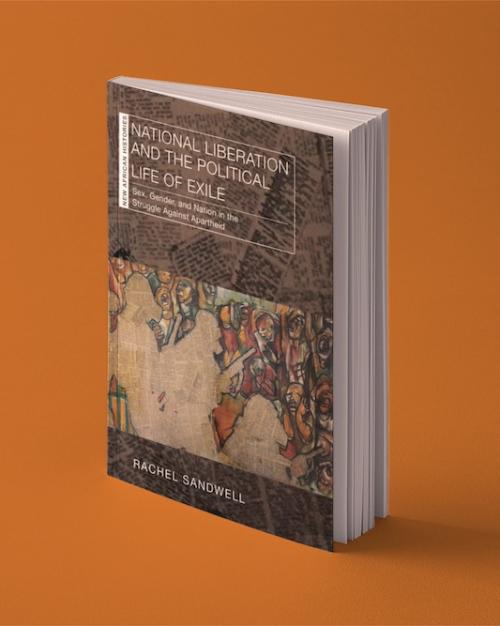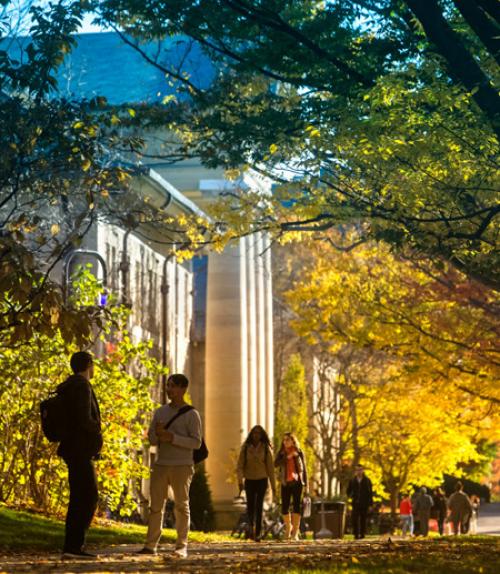Students in the College of Arts & Sciences will benefit from impressive new faculty members, enhanced scholarship funding and innovative programming for first generation students as a result of recent alumni gifts.
Alumni, parents and friends of the college came through with $5.26 million this year for the College’s annual funds, the culmination of over 4,000 gifts, topping the goal of $4 million. Alumni have also given almost $15 million to the College’s Winokur Future Faculty Initiative and the College is launching a new program, thanks to alumni support, that will offer support directly to first generation students.
“We are incredibly fortunate to have such generous and committed alumni in the College of Arts & Sciences,” said Gretchen Ritter ’83, the Harold Tanner Dean of Arts & Sciences. “These gifts will have a tremendous impact for our faculty and students for many years to come.”
The growth of annual funds in the College of Arts & Sciences has been the most significant of all of Cornell’s schools and colleges this year, said David Whitmore, associate dean of alumni affairs & development. The focus of these funds continues to be on faculty renewal and undergraduate student scholarships.
"Our highest priorities are hiring and keeping the most diverse group of world-class faculty we can so they can teach and do research, and ensuring that the college is accessible to all students,” Whitmore said. “Alumni are excited about what’s happening in the college and want to invest in our success.”
The $40 million Winokur Future Faculty Initiative launched in May with a $10 million challenge gift from Barton and Susan Winokur, both Class of ’61. The campaign, which has received three additional gifts totaling close to $5 million since May, will support the creation of as many as 25 new endowed positions within the college over the next two years.
The initiative will enable the college to replace retiring faculty, retain stellar junior faculty, and recruit midcareer and senior faculty to provide leadership in areas of strategic importance. It will also provide funding to recruit top postdocs and graduate students.
Some of the areas of strategic importance include the intersections between technology and the humanities; nanoscale science; behavioral economics and decision research; environment and sustainability and media studies, Ritter said.
The first-generation student initiative has also been particularly popular with alumni, according to Whitmore.
“We’ve had a number of alumni who were themselves first generation students or have experience working with first generation students, so this resonates with many of them,” he said. Each year, about 13-15 percent of students in the College are first generation students.
The first-generation student initiative will augment university-wide support with college-specific programming that targets the unique needs of A&S students, said Bonnie Comella, A&S director of advising.
Much of that support will come in the form of financial aid, Comella said, but the initiative also includes creation of a new advising seminar designed to foster a sense of belonging, introduce students to the array of academic opportunities in A&S, encourage local and global engagement and examine the importance of academic freedom. Students will be also given special opportunities for faculty and alumni mentorship and financial support for low paid or unpaid summer internships or conference travel.
“One of the things that has always made Cornell great is our openness to talented students from any background,” Ritter said. “Bringing together high achieving students from all walks of life both enriches the educational experience that students have while on campus and prepares them to navigate and contribute to an increasingly interconnected world. Retaining that core commitment to educational opportunity is made possible by these generous alumni. I am grateful for their support.”




